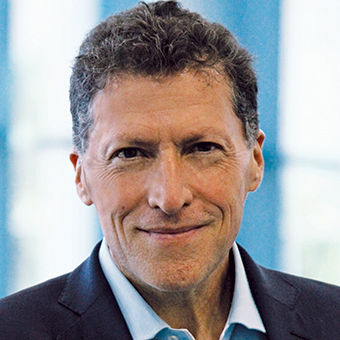
You have likely heard of ChatGPT, the artificial intelligence chatbot that can create original college essays that don’t get flagged by plagiarism-detection software.
Of course, it can do many things beyond confounding educators and delighting students. It can, for instance, write computer code. And, I discovered, give travel planning advice.
To see how useful its travel suggestions might be, I began by asking what there is to see in Uturoa, the main town on the French Polynesian island of Raiatea. It wasn’t because I wanted to test it against a somewhat obscure destination but rather to see if it could leap over a rather low bar and return a better result than what Google retrieved shortly after I arrived on the island last summer. I had searched for what there was to see and do in the vicinity; Travelocity showed up among the top results and, in part, offered these suggestions:
“Visit a county fair and let childhood memories wash over you as cotton candy melts in your mouth. Sample handmade jam at a stop on a forgotten highway or let the hustle and bustle of modern life sweep you away as you lose yourself in the organized chaos of a modern metropolis.”
If you were, perhaps, a Yanomami tribesman who lived in an isolated village in the northern Brazilian rainforest, Uturoa might strike you as a modern metropolis, But even if you were, would your childhood memories include cotton candy melting in your mouth?
The response generated by ChatGPT, on the other hand, accurately pointed out that there’s a Unesco World Heritage Site featuring a Polynesian temple just outside of town. Dive operations, boat tours and beaches were cited. Bike rentals were referenced , though there was no mention of the dogs that can make biking less than pleasant. ChatGPT called the island a “hiker’s paradise” but failed to caution that many trails cross sacred sites that require local permissions.
Raising the stakes, I asked ChatGPT to create a “10-day itinerary for four active people to visit Italy.”
The response was very generic, including nothing beyond the top cities and their well-known sites. But ChatGPT encourages you to add as much detail as you want when asking it to create a document, so I modified my request:
“Generate a 10-day itinerary for Italy for a family with a 6-month-old boy, a 3-year-old girl who likes dolls, a 10-year-old boy interested in video games, a 16-year-old girl interested in shoegaze music, a 35-year-old male yoga enthusiast, a 35-year-old female interested in cooking, a 65-year-old male retiree who collects stamps and a 63-year-old female pediatrician. They are very environmentally aware and want to leave a light footprint.”
The response was a little more interesting, though also showed its limits. It recommended a daytrip from Rome to Pompeii, “where the kids can learn about Roman history.” Two cooking classes were included. The Leonardo da Vinci Museum in Florence was recommended for the 10-year-old. A yoga class was recommended in — somewhat randomly, I thought — Genoa. More impressive was the suggestion that Grandpa visit Genoa’s Philatelic Museum.
ChatGPT decided, reasonably, that the 3-year-old would enjoy watching glass blowing on the island of Murano, but I’m not sure how it concluded that “the 16-year-old girl interested in shoegaze music might appreciate the island’s art galleries and studios.” I suppose “might” is the program’s CYA auxiliary verb.
A sure bet was its recommendation that “the 63-year-old female pediatrician might enjoy a visit to the Museum of the History of Medicine.”
There was no nod to the family’s desire to travel sustainably.
For now, I don’t think travel advisors need to view ChatGPT as competition. Machines can’t tap the type of expertise that humans who have deep experience visiting a region — and counseling clients who provide feedback — can.
Artificial intelligence and machine learning will get better and may even be able to generate a detailed, up-to-date itinerary that truly matches travelers’ desires. But there is one thing they will never be able to do, something that was perfectly summed up by Virtuoso CEO Matthew Upchurch when he introduced Anne Scully of Embark Beyond before she received her Travel Weekly Lifetime Achievement Award last month.
Upchurch related that an arrogant potential client was dubious that Scully could do anything for him that he couldn’t do himself.
If you book yourself, she retorted, “you can’t tell them that God is coming.” This later evolved, Upchurch said, into “you can’t VIP yourself.”
And indeed, there is one bridge that machines will never be able to cross: cultivating trusted relationships equivalent to those between great travel advisors and hotel general managers, cruise line business development managers and tour operators. Suppliers would regard automated assurance that a guest is “God” with the same level of credibility they’d give a webpage describing Uturoa as a bustling metropolis whose streets are lined with shops selling melt-in-your-mouth cotton candy.
Source: Read Full Article










